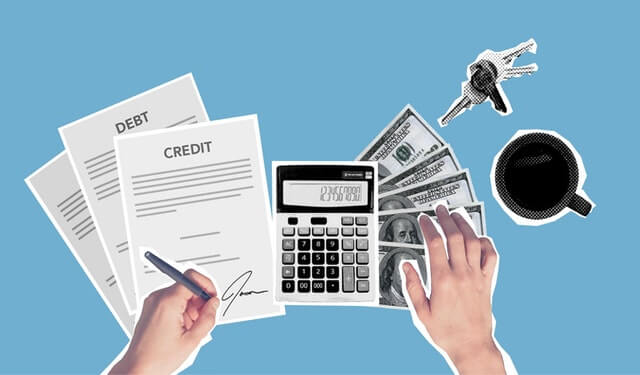When a landlord allows tenants to pay via check, there’s always a risk that he will get a call from the bank saying that a check issued to them has bounced.
Getting issued a bad check is a frustrating situation for a landlord because a rental business greatly relies on rent income to profit and survive. Any problem that stops the regular flow of rent is a big problem for every landlord.
Sometimes, the bigger problem is that tenants intentionally pay bad checks as a tactic to delay the payment.
In this situation, a landlord must be aware of how to strategically deal with the problem so that they will not lose money and prevent it from happening again.

Have it on the lease
When it comes to tenant misbehavior and misunderstanding, and all property management issues for that matter, the rental agreement is the landlord’s first line of defense.
The lease agreement must detail the consequences a tenant will suffer if they issue a bad check. Ideally, the tenant would owe the landlord a reasonable fee to cover the bank fees related to bounced checks and the inconvenience the landlord went through to deal with the problem.
On average, a bank charges a bad check fee of $30, which means the landlord should charge the tenant around $35-40 to include the postage fees of sending a notice to the tenant about the bad check, the time spent to solve the problem, and probably gas expenses for driving to and from the bank and post office. Problems caused by tenants often eat up a landlord’s resources, so it’s only fair for the tenant to provide reimbursements.

The letter of notice to be sent to the tenant must include a request for the rent payment, the penalty fees they need to pay, and the payment deadline. It’s better if the lease agreement states that late rent and late fees must be paid in cash to ensure that the money is legitimate.
The Guilt Trip
One of the things that may come up in a bad check scenario is when the tenant would beg the landlord to reconsider charging for the bad check or to be more considerate of a financial crisis they are experiencing.
Although some tenants are genuinely struggling, some tenants use sympathy as a tactic to manipulate the landlord to feel guilty and decide not to charge for the bad check or waive the late fees.
Regardless of whether or not their excuse is legitimate, a landlord must be firm in implementing what was agreed upon on the lease. The landlord may sympathize with the tenant but he must also consider his business. Being firm will discourage the tenant from missing payments or issuing bad checks in the future.
When landlords give in to tenants who guilt-trip them into bending the rules, it also sets a precedent to other tenants that they can also smooth-talk their way out of a lease violation. It would be difficult to change once tenants make a habit of violating rent payment terms.
SCREENING IS KEY
As a rental agent, one of the ways you can save the landlord from bad checks, late rent, and delinquent tenants is by conducting a thorough screening process.

Since these issues often arise from tenants who mismanage their finances, you must review their income sources, credit score, history of bankruptcy or non-payment, and savings. These are standard information they need to give when applying for a rental home, so they do not have a reason to deny you such information. If they do, or if they try to trick you into not looking into their finances, it may be a red flag that you should be wary of.
You should not skip the screening process even if you get a lot of applicants. For example, after posting a listing on Padleads, you get several applicants showing interest to rent. It could get overwhelming for you. However, that shouldn’t be an excuse for you to shortcut the screening process or be lenient when it comes to their financial information. After all, the quality of tenants you can hook up with landlords would reflect the quality of your expertise as a rental agent.